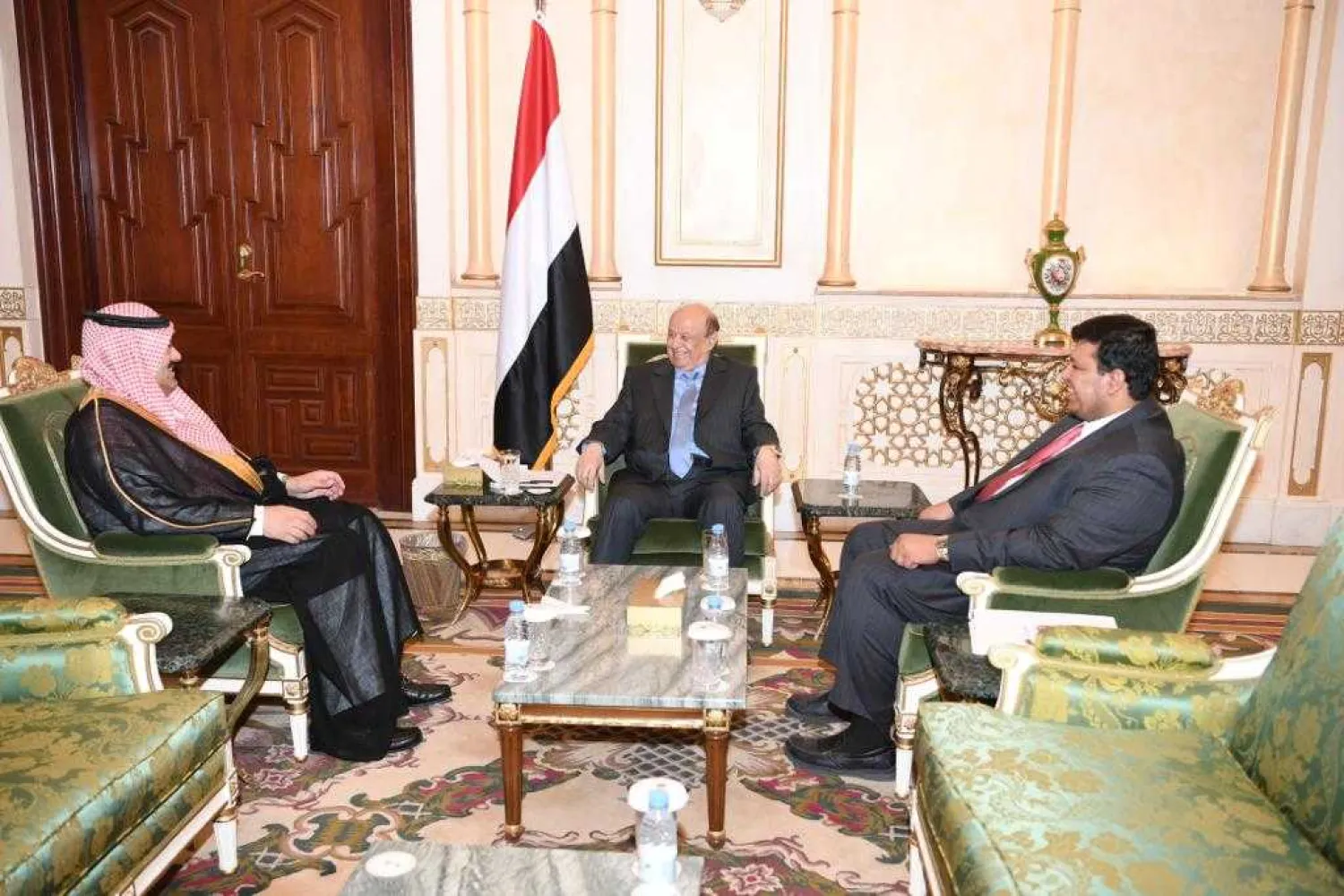The US Senate on Tuesday upheld a veto issued last month by President Donald Trump on a bill that Congress had passed to end Washington’s military assistance to the Arab Coalition in Yemen.
The Senate voted 53 to 45 to override Trump's veto. But 67 votes are needed to do so in the 100-member chamber.
In early April, lawmakers in both the House and Senate passed a legislation, activating for the first time a 1973 law that gives Congress the power to end US military interventions it did not authorize.
However, Trump blocked the bill, calling it an "unnecessary, dangerous attempt" to weaken his authority.
With the new Senate move, the United States will continue to assist Saudi-led forces in Yemen.
Meanwhile in Riyadh, Yemeni President Abdrabbuh Mansur Hadi deeply appreciated Saudi Arabia's unlimited support for Yemen, highly praising the Kingdom's substantial contribution to humanitarian efforts and the development drive in the country.
Hadi’s statement came during a meeting Thursday with Saudi Ambassador to Yemen and General Supervisor of the Saudi Program for Development and Reconstruction in Yemen Mohammed Al-Jaber.
Hadi asked the Saudi Ambassador to convey his greetings to King Salman bin Abdulaziz and Crown Prince Mohammed bin Salman.
The Saudi diplomat reiterated the Kingdom's principled stance in supporting the legitimacy in Yemen at different international forums and peace efforts in line with the three terms of references and UN resolutions.
Last week, informed sources told Asharq Al-Awsat that a ministerial meeting of the Yemen quartet held in London discussed the need for the Yemeni government and Houthi militias to implement the Hodeidah agreement by May 15, ahead of a UN Security Council session on Yemen.
Earlier, UN Special Envoy to Yemen Martin Griffiths announced that the legitimate government and Houthis have accepted a detailed redeployment plan in Hodeidah, and that his team was working on resolving the final outstanding issues related to the operational plans for phase two, redeployments and also the issue of the status of local security forces.









